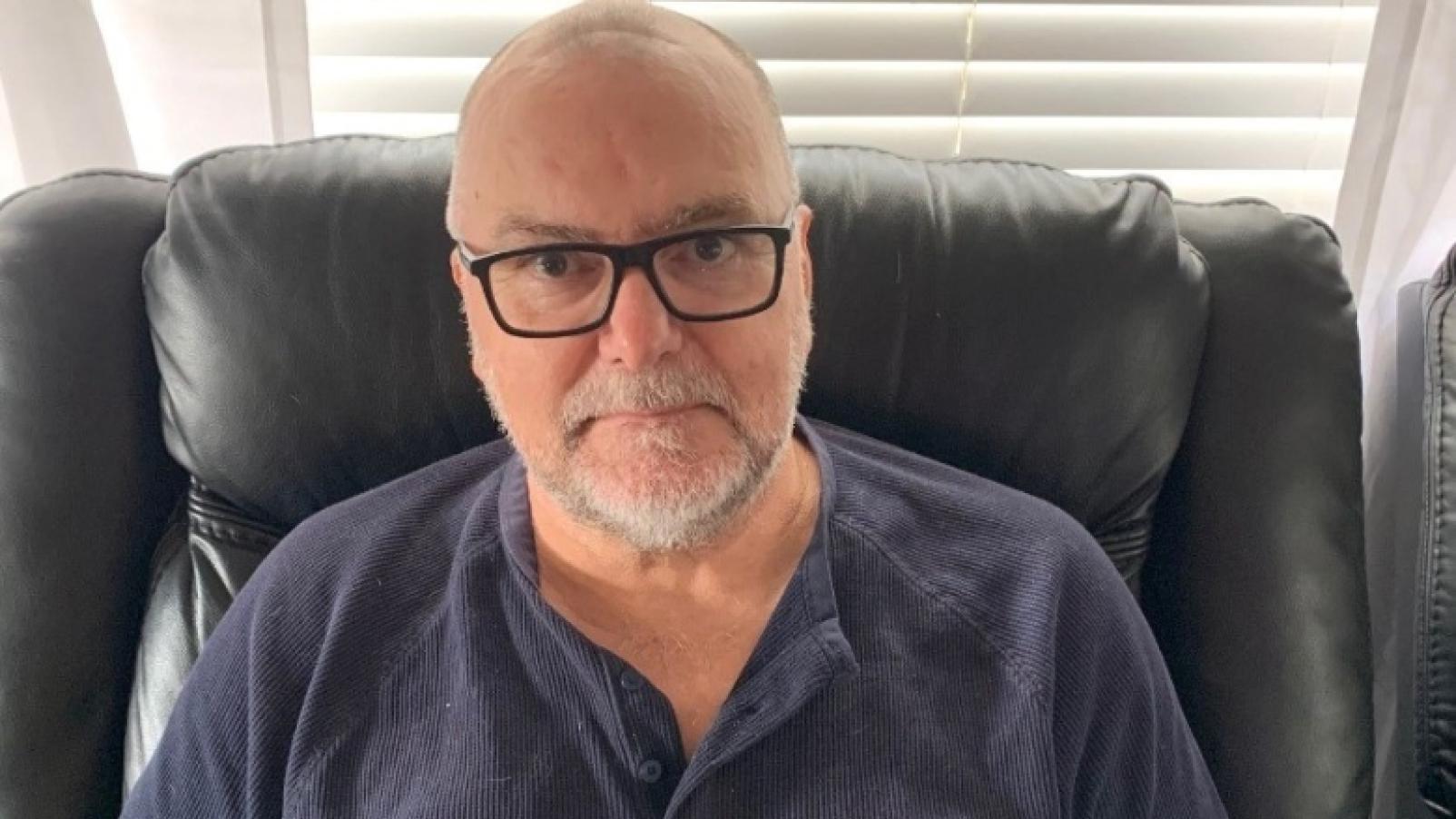How can I support someone who has been diagnosed with dementia?

People often don’t know how best to respond when a family member or friend receives a dementia diagnosis but for Patrick, who is living with dementia, it’s about treating the person as you normally would.
“It’s as simple as just sitting with someone else and asking them how they are going,” he said. “Try and keep the interaction as normal as possible.”
Patrick was still working as a senior account manager in the IT industry when he was diagnosed with frontotemporal dementia in 2019 and the support of his colleagues was extremely important to him.
As his condition progressed he stopped working in 2021.
However, he didn’t want the social connection with his workmates to end so he regularly catches up with them for coffee and a chat.
“Sometimes it surprises them (former workmates) when I remember some of the things we worked together on because they think that I won’t be able to remember anything,” he said.
“But once the conversation engages me then I’m able to pull back the memories of that time. It makes me feel like I’m still wanted.”
He also advises to be aware that things will change as the condition progressed.
Patrick has noticed that social interactions now drain him more than they used to.
“If I feel like I’m starting to become overwhelmed I’ll say: ‘Thanks very much but I’m done and I’m going to have to leave’, and they’ll understand,” he said.
Ultimately, it’s about understanding and respect.
When people withdraw
National Dementia Helpline Advisor Kristen said she often received calls from caregivers and people living with dementia who were upset that friends and neighbours were keeping their distance as they didn’t know what to say.
“It could be that they’re afraid or worried about saying the wrong thing so they pull back,” Kristen said.
She provides some simple advice for those who want to provide support but are unsure how to do that.
“You can stop by for a cup of tea, you can ask them about the footy or whatever topics you usually chat about.
“It can make a big difference to the person living with dementia and the caregiver in terms of feeling like they're still connected to the people they love and they're not so alone anymore.”
Where to find information and support
Dementia Australia provides a range of services, support and programs to help people living with dementia, their families and carers to navigate the various stages of dementia including what to do when you receive a dementia diagnosis.
Contact the National Dementia Helpline on 1800 100 500 to find out what support is available to you.
The Dementia Guide is the go-to resource for people living with dementia, their carers and family. You can download a PDF copy, listen to an audio version or order a printed copy. Find out more on our website.
